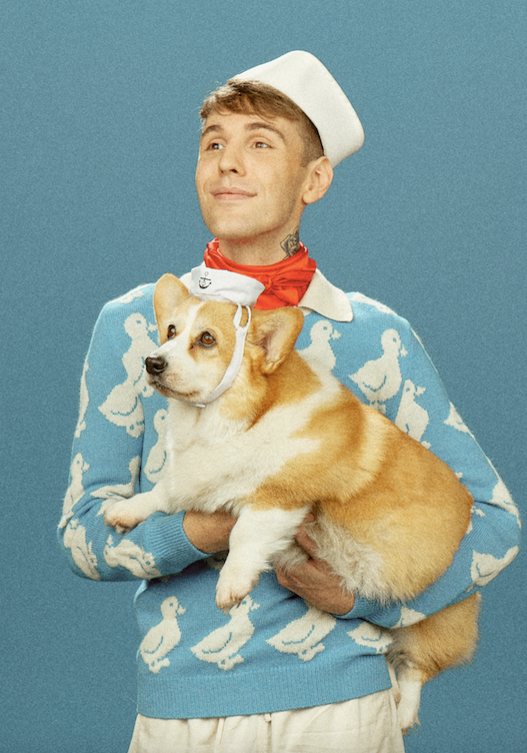Future Funk innovator Yung Bae recently unveiled his long-awaited new album, Groove Continental: Side A. The Portland native explains why his seventh studio album is his most musically diverse body of work to date.
Throughout your extensive back-catalogue, you have overseen the rise of future funk, stewarding the sub-genre from the underground into a cult-like phenomena. When did you discover the genre?
It was right around the time I started production and I was figuring out sampling. I found out about it via bandcamp – there was a collective called Keats Collective and they were doing all of these tapes, as well as a guy named Saint Pepsi, who was really big in the scene.
I was like, ‘What is this stuff? These guys all love funk and samples too!’ So that was my early introduction to me thinking, ‘Oh wait, I can do this too’, and I became friends with all these guys. They were the ones that tipped me off early. I just was so fascinated by it.
What was your introduction to music production? Do you work mostly in a home studio?
I started around 2014 when a buddy of mine showed me Ableton and FL Studio. I was like, ‘This is cool, this is fun’, and I started doodling around with it as a hobby. As soon as I started releasing music, that became my full time gig pretty quick off the bat.
Then it went from hobby to me realising, ‘Wait, I can do this for a living – this is kind of cool!’ I love the process and the surface level of bedroom production too.
I work out of a lot of these studios and they're all really cool, nice and expensive and whatnot. But I hate going to studios most of the time! They just don't feel like they have any personality for me. I love working from home and doing my own thing most of the time, at my own pace.




